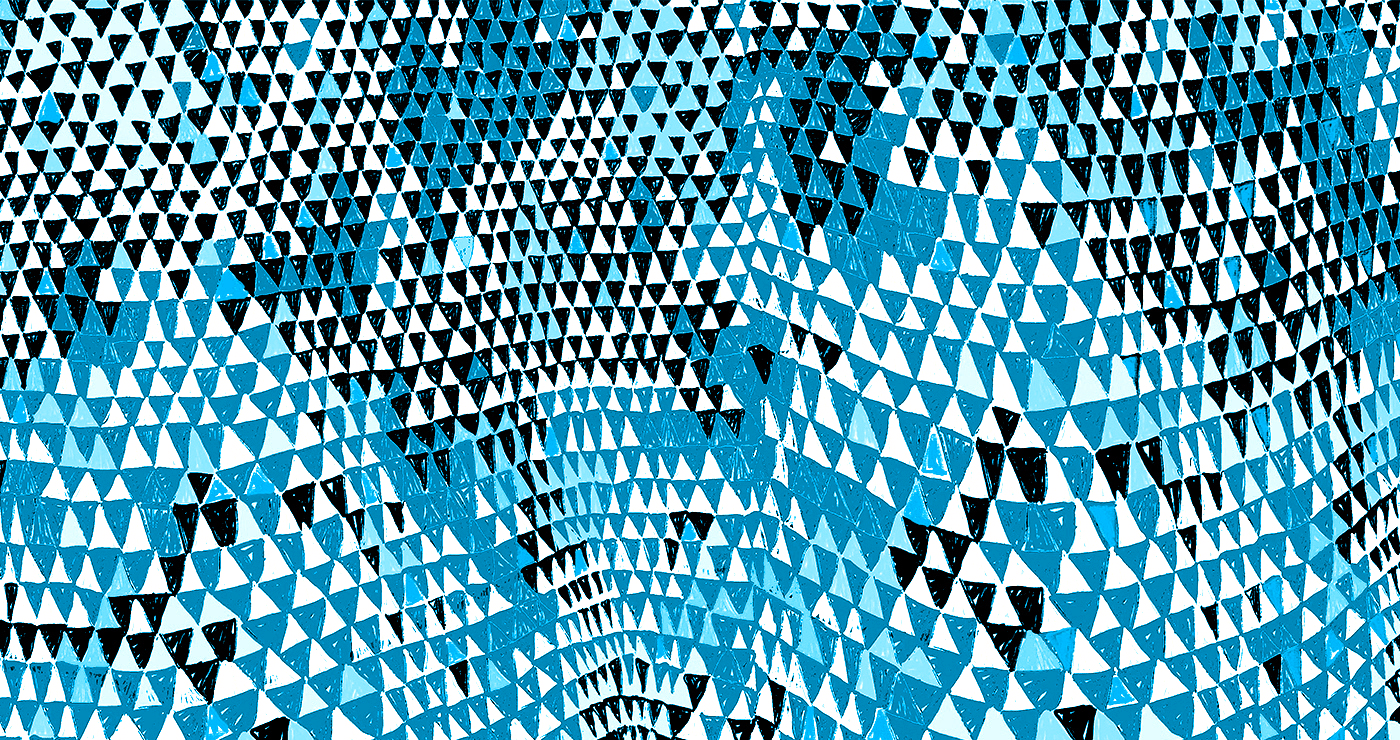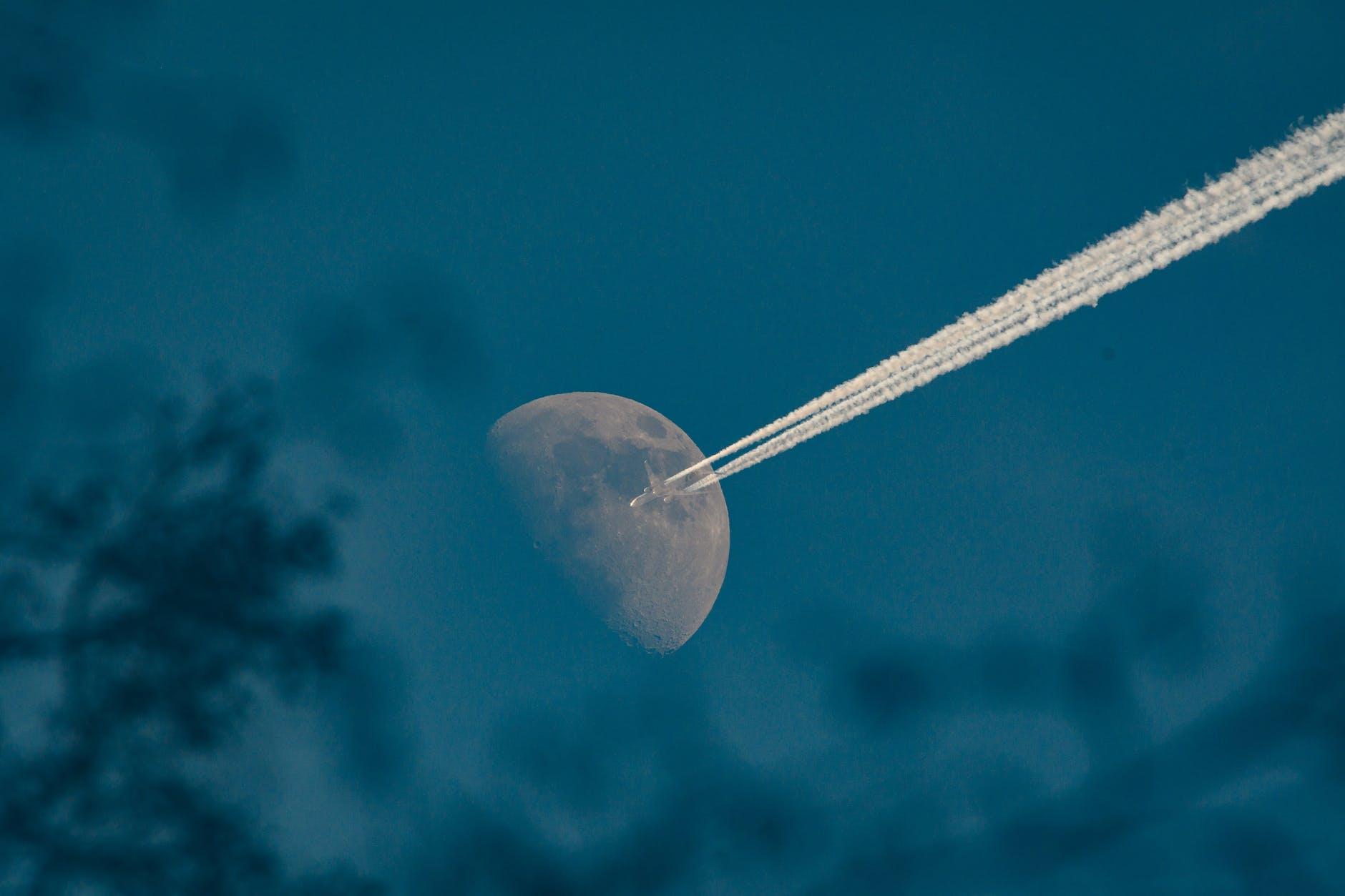BY ROSEMARIE DOMBROWSKI
A series of prose poems based on subjective, intuitive, imaginative translations of Emily Dickinson’s fascicles, the hand-bound books that she curated from 1858 to 1866.
Sixthly (fascicle 6)
You are always emerging from your cocoon, watching the levels of water in the creek—barefooted and breezy. Drink the wine that grows the seeds of the world. Remember that the answers can be found in the woods, that the return of the birds is a sacrament, that commerce won’t stop when you die. That when you lose a friend in childhood, it will tear you apart as many times as you’re able to sew yourself back up again—because life is chaos and the world is synesthesia and someday you won’t be able to tell morning from night.
Ninthly (fascicle 9)
Reconsider the narrative that everyone has fed you since birth. Listen to the sounds of every space that you inhabit because one of them is trying to tell you something. Someday, you’ll imagine your lover drowning, their eyes filled with brine. There are tempests of the sky and the body. Your heart is a church in which you harbor whatever secrets you want to believe about the afterlife. Don’t be lured by the sounds of the tambourine man because you have your own song to compose.
Eleventhly (fascicle 11)
Try not to take the dazzling things for granted because some will pack up and leave town and others will be stolen in the night. Worse still, people may forget your name, call you a bird-like girl who’s obsessed with circuses and the dead. You aren’t the only one who doesn’t approve of gender roles. You aren’t the only one who’s kept a secret—wrapped your brain in bandages so that no one could see how badly you wanted to scale the wall, have wild nights with your girl-lover, read your slanted rhymes in the park—the faces in the crowd becoming a disapproving Jesus.
Twelfthly (fascicle 12)
Try to find something else to get high on—maybe the angels of summer, a choir of birds in the woods. The wind is a metaphor for a man’s hands, your body like the curve of an urn, the wrapping of slender fingers. Don’t use the word permission unless you really mean it. The act of a needle penetrating your flesh is the anguish of modern life—the misery of the memories that you can’t bring back. Sometimes, the order of the words doesn’t make syntactical or linguistic sense, but there’s a network of veins just under the surface of the page, chirping like crickets, and that’s the language that you may not be able to translate, so you just have to feel something.
Nineteenthly (fascicle 19)
Maybe you’ve always been a midnight girl in a daytime town. And maybe it’s ok to love progress because of how quickly death takes it all away. And maybe it’s ok to feel this way because of how hard it is for the brain to process—like how pleasure can make the wilderness come alive in your head. The only truth you need to know is that aging is the art of dying, that nearly every woman has secretly wanted to die and be resurrected as a dancer. Someday, when we’re no longer girls, the morning will stop wanting us, and there will be no more eternal summer.
Twenty-eighthly (fascicle 28)
There are a few things you need to be told—that you can grow a god in your head. That sometimes, you’re going to be the bird that stays too long, the one gets trapped in the winter, but you’ll eventually have to stop damning yourself. If you’ve never heard the parable of the dying tiger, the moral is this: that it’s no one’s fault because death is a just fact, like Jesus hanging like stalactites from the cross. You should always live in the moment because immortality is something that most of us can’t afford. You don’t really know what you’re seeing when it disappears into the grass, but when you pray for something silly, you can be assured that no one’s listening.
ROSEMARIE DOMBROWSKI is the inaugural Poet Laureate of Phoenix, AZ and the founding editor of both rinky dink press (a publisher of micro-poetry) and The Revolution (Relaunch), an award-winning, creative resurgence of the official newspaper of the National Woman’s Suffrage Association. She’s the recipient of an Arts Hero Award and a Fellowship from the Academy of American Poets. In 2020, she was named one of “The Great 48” by Phoenix Magazine.



